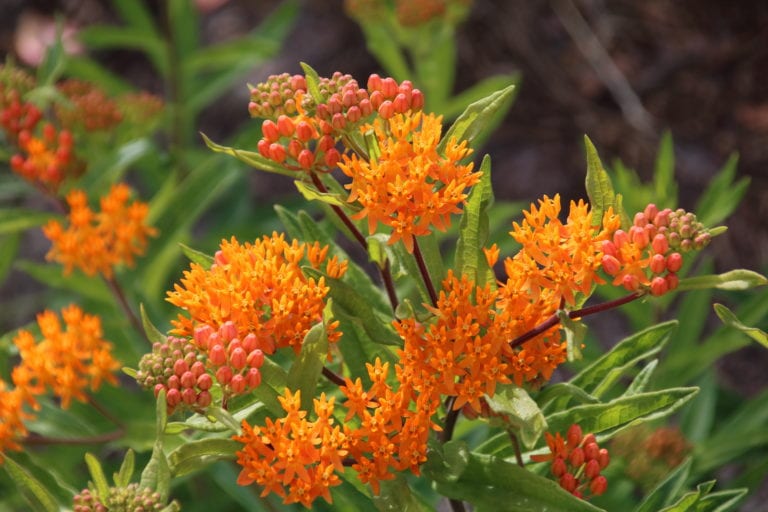Similar Posts

868th Week: Revisiting Interbeing
Listening to the news and taking in the depth of suffering currently unfolding in our human family around the world, I was drawn again into an awareness of how our tendency to focus on the things that separate us leads to terrible possibilities. When we become mired in tribal reactions and beliefs, we end up harming one another in horrific ways.
For many years, I have committed myself to support and promote an understanding of our underlying oneness—the fact that we are related to one another and all other life on the planet. What has been a long-term support to this focus of attention has been the term coined by the Buddhist monk Thich Nhat Hanh, where he talked about interbeing, that in every moment we interare with the life around us.
Another concept that has been important to me is the idea of interdependence, that we cannot live without the range of relationships we have with each other and with the other life forms on this planet. Science is beginning to demonstrate that successful eco-systems are based on collaboration and cooperation amongst species and that competition is only one aspect of these complex relationships. And, in a very personal way for each of us, our physical bodies are communities comprised of trillions of non-human life forms that work together to keep our bodies alive.
Read More “868th Week: Revisiting Interbeing”
681st Week: Resonating with the Essence of Peace (Playing with Foreground/Background Dynamics)
Sitting in Central Park one weekend morning, a morning that was cloudy and quiet in the park, I felt a deep sense of peace radiating from all the trees around me. The quality of the trees and the environment they evoked reminded me of the Japanese practice of “forest bathing”, where people go amongst trees to soak in the healing that naturally emerges.
Attuning to the peaceful quality of the trees is, for me, similar to tuning in to a particular radio station, television channel, or on-line program… Read More “681st Week: Resonating with the Essence of Peace (Playing with Foreground/Background Dynamics)”

691st Week: Return to Gratitude
As I pondered what this week’s practice in conscious living might be, I came across an article I saved a while back about research that’s been done on gratitude. This research demonstrates the powerful health-giving effects of what David Steindl-Rast calls gratefulness. Then I ran across another note I saved about a Buddhist practice that focuses on “finding the hidden people”… Read More “691st Week: Return to Gratitude”

September 2019 Audio Meditation
If you would rather have images as you listen, here’s the youtube link to that version of this month’s meditation:
https://youtu.be/1bhHDhp_s-U

September 2018 Audio Meditation
Here’s the YouTube version of this meditation, with video accompaniment:

725th Week: Noticing Relationship and Gratitude
As I write this practice, I’m sitting in Central Park on a Sunday morning, having some quiet time to write, to soak in the sounds of birds, insects, hawks, dogs, and people. It’s a place I come to each weekend morning when weather and schedule permit. What comes to mind this morning is that I bring my iPad so I can write. I bring my container of coffee. I bring the muffin I buy along the way. I carry everything in my backpack, including my phone and earbud connections.
As I think of all these things that are part of my weekend morning routine, I also begin to think about the many people and resources that went into making this moment possible, people I will never know and yet without whom I wouldn’t have all the things with me that I want to bring along on these quiet, meditative morning journeys. Read More “725th Week: Noticing Relationship and Gratitude”